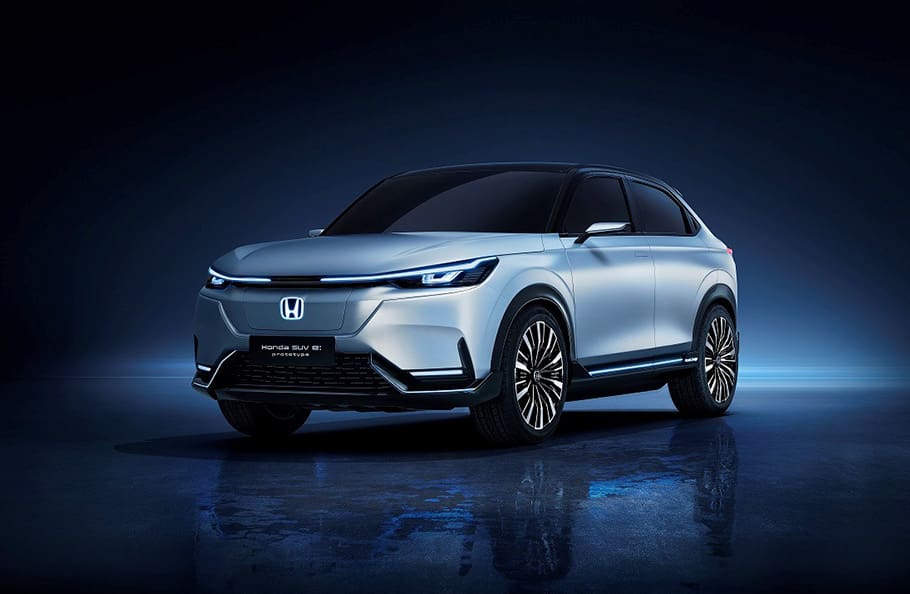Honda has been a dominant player in the automotive industry for decades, known for producing reliable and innovative cars. As the world moves towards a greener, more connected future, Honda has been investing heavily in new technologies to keep up with changing consumer preferences. In this article, we’ll take a look at the future of Honda cars and what we can expect in the coming years.
Honda has a rich history of producing high-quality cars, from the Civic to the Accord, and has established itself as a reliable and innovative brand. One of the ways Honda ensures its cars are reliable is by using VIN numbers. Honda VIN number provides important information about the car’s history, including its manufacturing location, model year, and other crucial details. As Honda continues to evolve and innovate, the company has been working on new technologies that will shape the future of its cars.
Electrification
Honda has already made strides in the electric vehicle (EV) market, with its current hybrid and EV offerings, such as the Honda Clarity and Honda Accord Hybrid. Honda has also announced plans to introduce an all-new electric SUV called the Prologue, which is expected to launch in 2024. With the Prologue, Honda is aiming to capture a larger share of the EV market and compete with other automakers such as Tesla and Ford. Honda’s electrification strategy is focused on offering a range of electric and hybrid vehicles to meet different consumer needs. By providing options for both hybrid and electric vehicles, Honda is able to cater to consumers who want to reduce their carbon footprint but may not be ready to fully commit to an all-electric vehicle. With Honda’s commitment to offering a range of EV options, the company is positioned to compete in the growing EV market.
Autonomous Driving
Honda has been developing advanced driver assistance systems (ADAS) for several years and is now working towards fully autonomous driving technology. Honda’s current ADAS offerings include features such as adaptive cruise control, lane departure warning, and collision mitigation braking. The company has also partnered with General Motors to develop self-driving cars. Honda’s goal is to create fully autonomous vehicles that can safely navigate roads without human intervention. This technology has the potential to make driving safer and more efficient, as well as improve traffic flow and reduce accidents. However, there are also potential drawbacks to autonomous driving, such as the loss of driving skills and jobs for drivers.
Design and Innovation
Honda is known for its innovative designs, such as the Honda electric hatchback. The company plans to continue this tradition of innovation by differentiating itself from other automakers through its design and technology. Honda is also focusing on creating a seamless and intuitive user experience for its customers, with features such as voice recognition and mobile connectivity. Honda’s design and innovation strategy has the potential to set the company apart in a crowded automotive market. By offering unique features and a user-friendly experience, Honda can create a loyal customer base and attract new buyers.
Sustainability
Honda has made a commitment to sustainability, with goals to be carbon neutral by 2050 and reduce waste and emissions across its operations. The company has also implemented sustainable manufacturing processes and has introduced a range of hybrid and electric vehicles. In the future, Honda plans to continue incorporating sustainability into its cars, such as using recycled materials and reducing energy consumption. This commitment to sustainability is important not only for the environment but also for meeting the needs of environmentally-conscious consumers.
Final word
Honda has a bright future ahead with its commitment to new technologies, innovative design, and sustainability. By offering a range of electric and hybrid vehicles, developing autonomous driving technology, and prioritizing user experience and sustainability, Honda is positioning itself for success in a rapidly changing automotive landscape.

